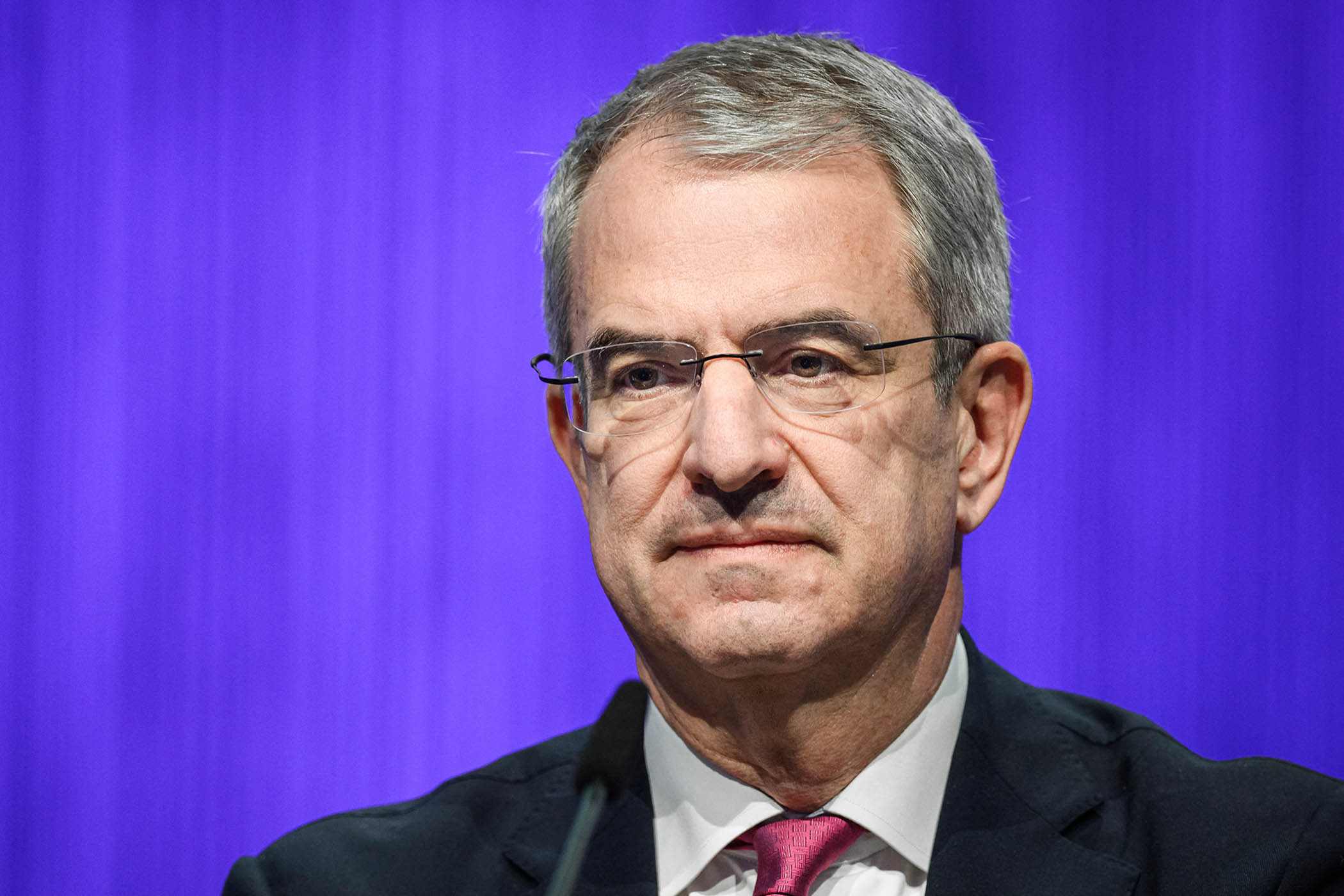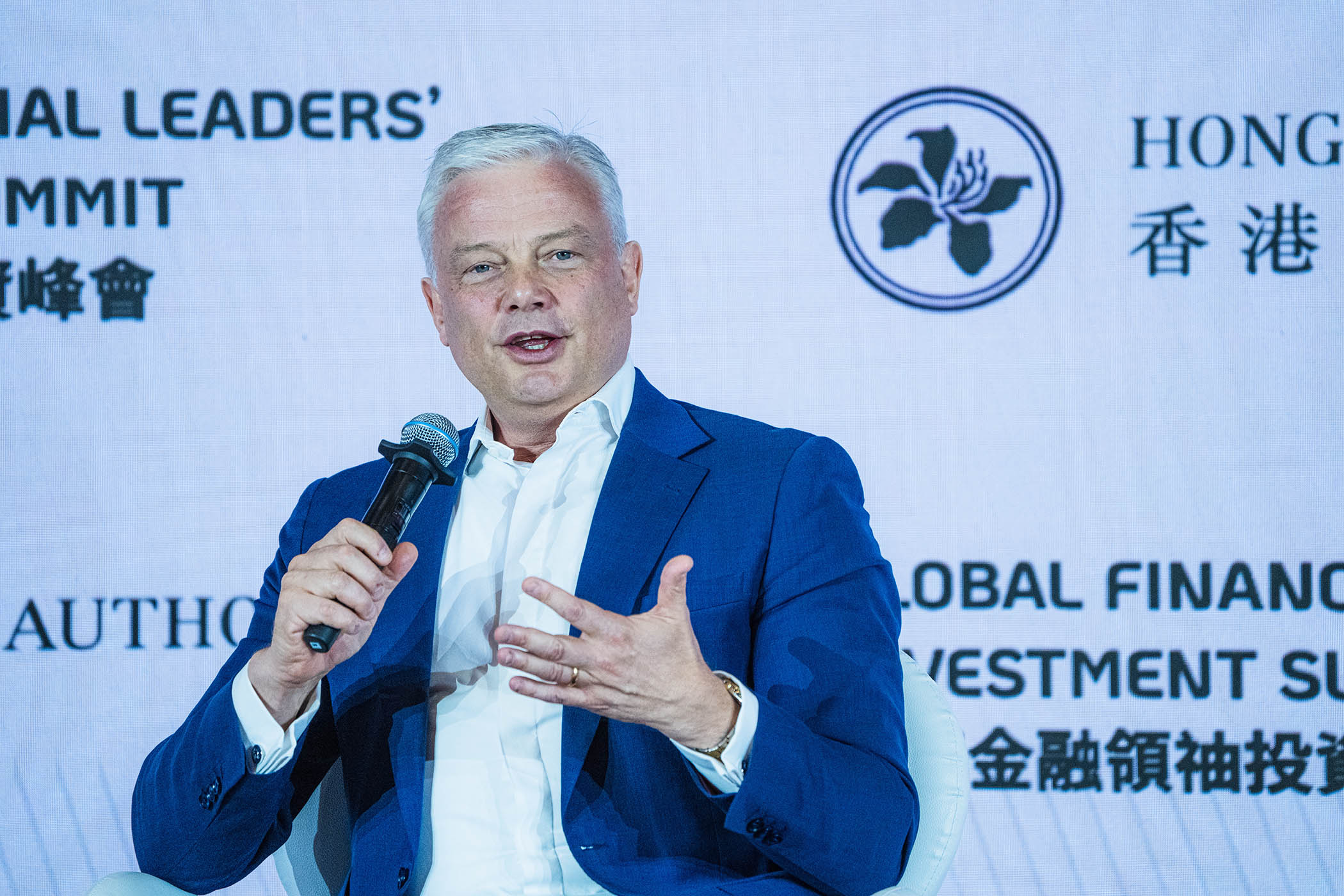Not so long ago, America’s puritanical attitude to CEO naughtiness was regarded on this side of the Atlantic as an oddity. For instance, back in 2003, “the European media had great fun when crusty old Harry Stonecipher, who had been brought in to clean up Boeing’s ethics, promptly had to resign over a relationship with a subordinate”, recalls Yale management professor Jeffrey Sonnenfeld, adding “it wouldn’t have been such a big deal over there.”
Today, CEOs losing jobs over personal indiscretions is a global trend. From the US corporate couple canoodling at a Coldplay concert and the now ex-CEO of European food giant Nestlé fired last week owing to an affair with a direct report (he denies the allegations), to the CEO of Japanese drinks giant Suntory, forced out over allegations he bought suspected illegal supplements (he also denies any wrongdoing).
Michael Aldous, co-author of a new book, The CEO, attributes this shift to three main factors. First, CEOs increasingly are public figures, even celebrities, with all that implies in terms of high expectations and vulnerability to tall poppy syndrome. Second, the CEO job has been professionalised and codified; what it means to abuse power or lie is now clearly defined and easier to detect (as Nestlé’s CEO discovered when he failed to disclose his in-house relationship). Above all, institutional shareholders have become more powerful, taking a dim view of CEO behaviour that risks a PR disaster or potentially costly lawsuit. Which is good corporate governance, of course.
How different from the late 1980s, when legendary Burton’s boss Sir Ralph Halpern was nicknamed “five times a night” after his affair with a model became public. Not only did he keep his job (and, remarkably, his marriage), a shareholder at the company AGM soon after declared him “the second greatest Englishman, after Churchill”.
Photograph by Gabriel Monnet/AFP/Getty
Newsletters
Choose the newsletters you want to receive
View more
For information about how The Observer protects your data, read our Privacy Policy


